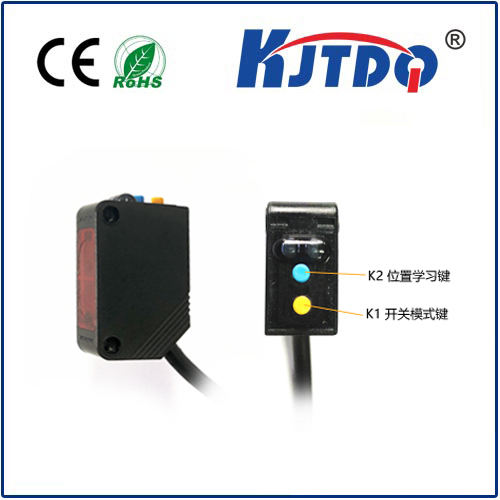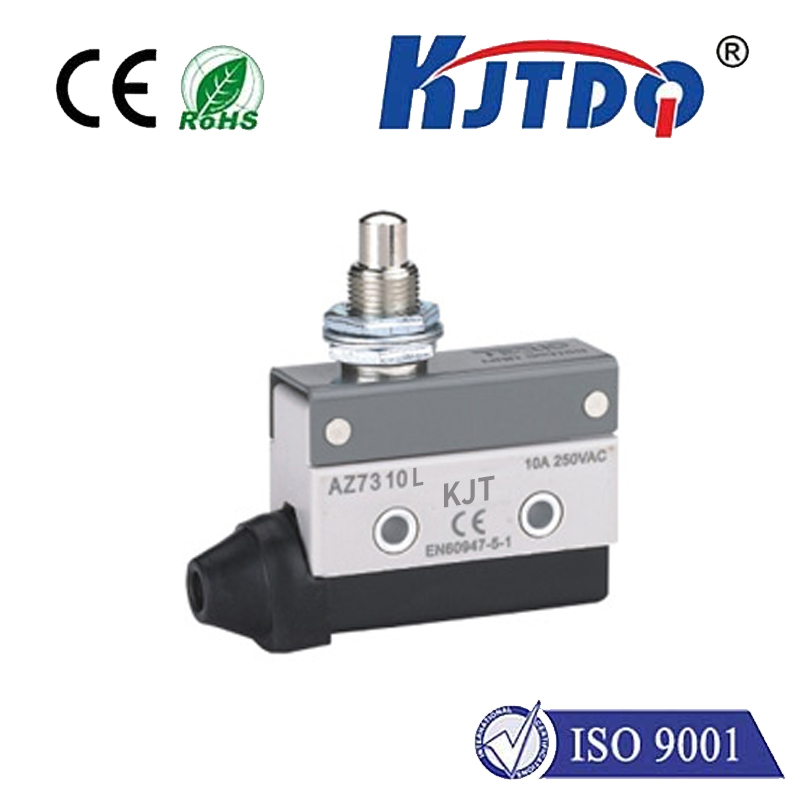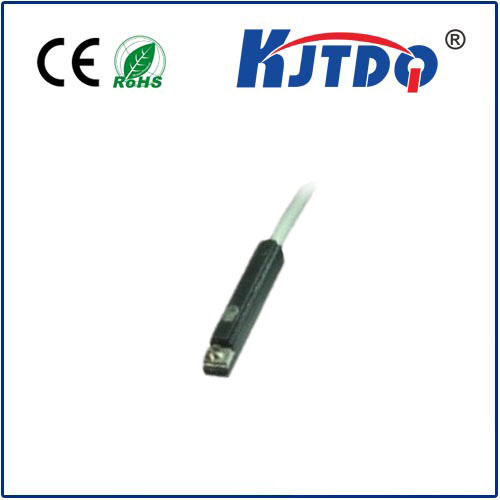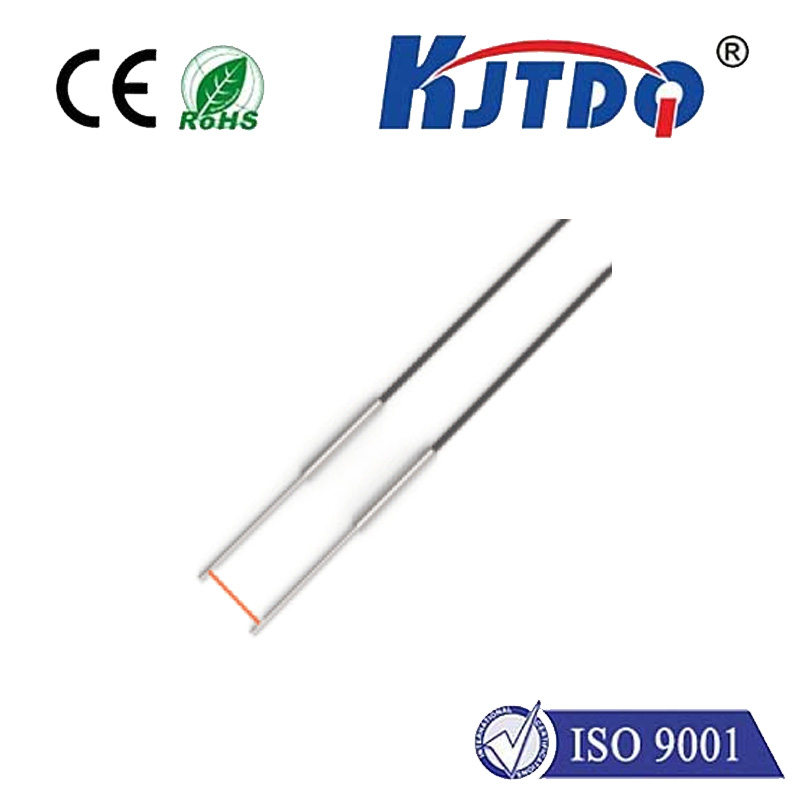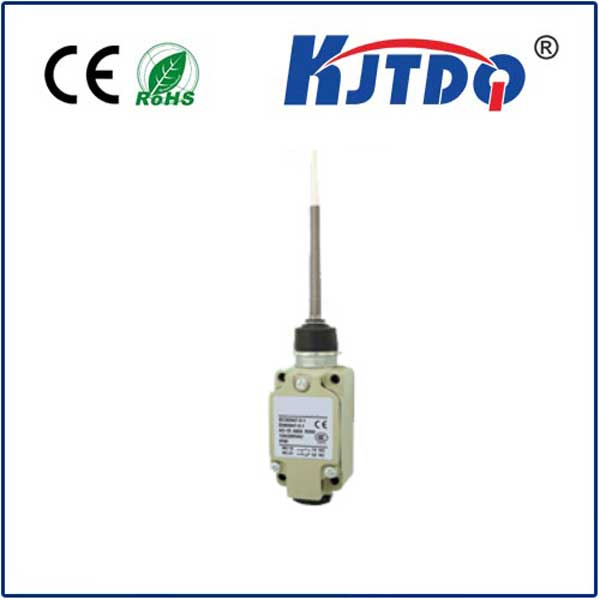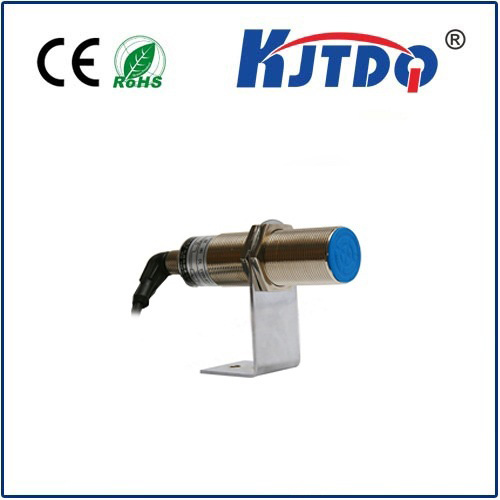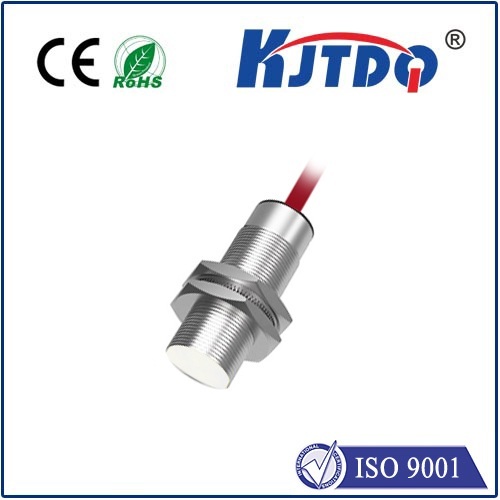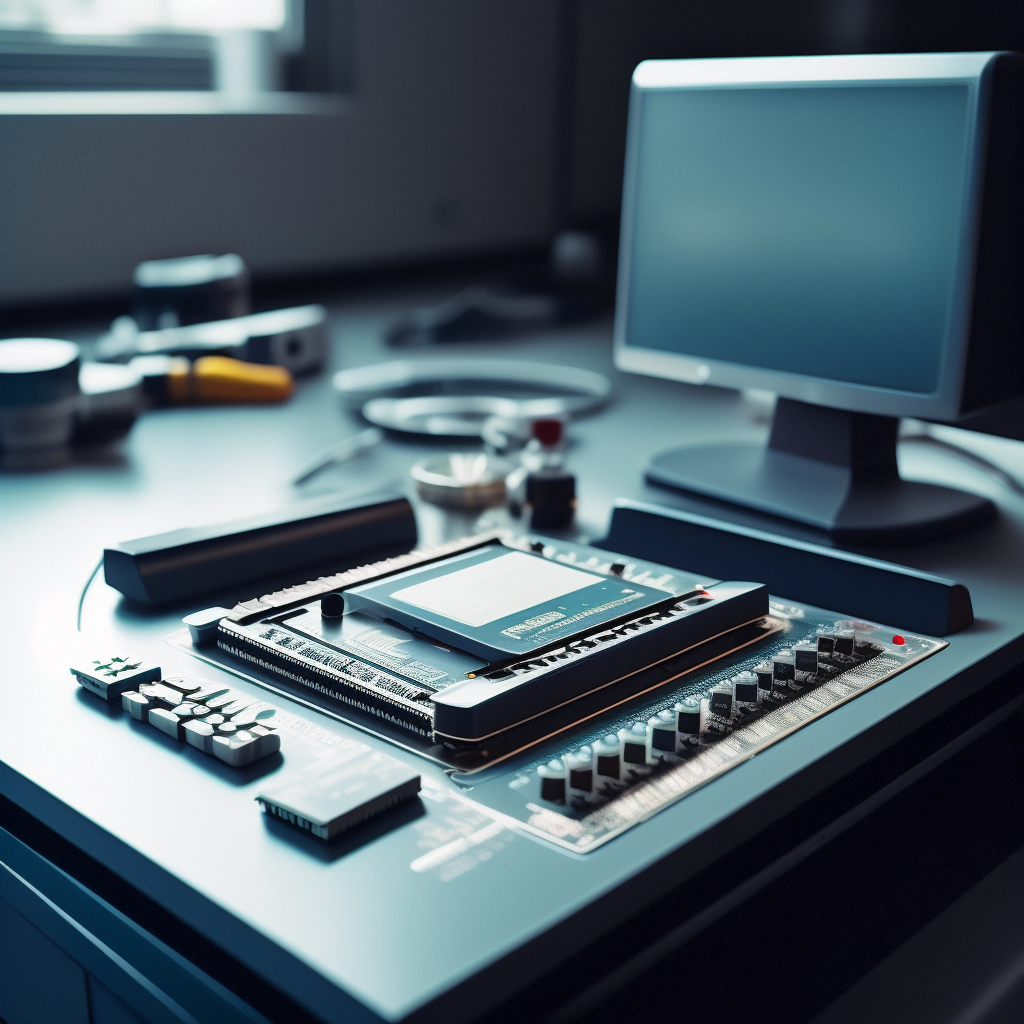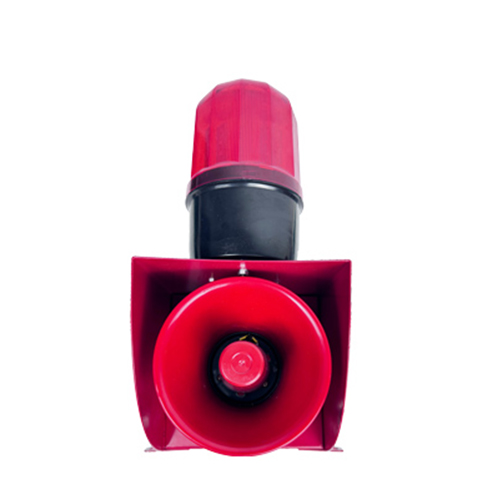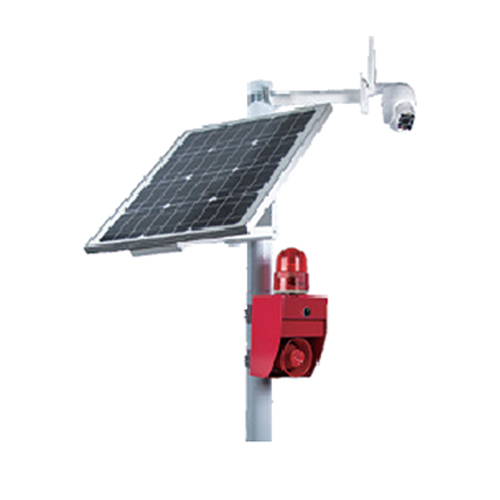

check

check

check

check

check

check

check

check

check

check
Title: Enhancing Efficiency in Thickness Measurement with Laser Sensor Technology
Introduction
The advent of laser sensor technology has revolutionized the field of thickness measurement. This innovative solution has enabled professionals to measure the thickness of various materials accurately and efficiently. With its superior performance and accuracy, laser sensors have become an indispensable tool for industries such as manufacturing, construction, and automotive sectors.
Principle of Laser Sensor Technology

Laser sensors work by emitting a high-intensity beam of light from a microchip-based laser diode. The light travels through the material being measured and reflects back to the sensor, which calculates the time it takes for the light to bounce back. By analyzing these measurements, the sensor can determine the thickness of the material in real-time.
Benefits of Laser Sensor Technology
There are several advantages associated with the use of laser sensor technology in thickness measurement. Firstly, laser sensors offer high precision and accuracy, making them ideal for applications that require exact measurements. They can detect even the smallest variations in material thickness, ensuring consistent results. Secondly, laser sensors operate quickly, enabling users to complete tasks within a shorter time frame. This makes them highly efficient and cost-effective for businesses. Finally, laser sensors are non-invasive and do not cause any damage to the material being measured.
Applications of Laser Sensor Technology
One of the most significant applications of laser sensor technology is in industrial manufacturing processes. Manufacturers use this technology to monitor the thickness of raw materials and production parts during assembly and manufacturing procedures. It helps them maintain consistency in quality and reduce waste by identifying any inconsistencies or discrepancies in the process.
Another area where laser sensor technology is widely used is in vehicle inspections. Automakers utilize this technology to measure the thickness of metal parts such as body panels and chassis components during production and quality control checks. This ensures that each part meets specific industry standards and specifications.
Conclusion
Laser sensor technology has revolutionized the field of thickness measurement, offering unparalleled efficiency and accuracy. Its ability to detect even small variations in material thickness, combined with its speed and non-invasive nature, make it an ideal solution for industries looking to improve their production processes. As technology continues to evolve, it is expected that laser sensors will become even more sophisticated and versatile, further enhancing their effectiveness in various applications.
